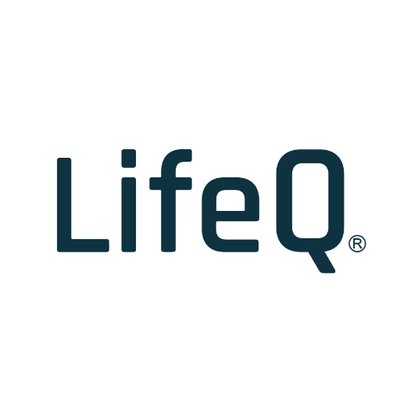
Speaker: Laurie Olivier & Dr. Franco du Preez
Date: 2021-02-04 12:30:00
Location: BlueJeans Event
Laurie Olivier & Dr. Franco du Preez
2021-02-04 12:30:00
BlueJeans Event
GVU Center Brown Bag Seminar: A Wearable-Agnostic IOT Platform: From Sensors to Health Solutions
LifeQ is a digital health company focused on the practical application of computational systems biology to providing biometrics and health solutions derived from wearable devices. LifeQ’s unique combination of longitudinal, high coverage, high resolution tracking of numerous lifestyle and physiological signals enables the development of solutions that include the provision of health information for lifestyle management, preventative healthcare, and early disease detection -- including a new Covid-19 early warning and monitoring solution. LifeQ’s health information solutions are hosted within an EU General Data Protection Regulation (GDPR) compliant end-to-end IOT infrastructure. The company works with global leaders in wearables, silicon manufacturers, digital platforms, and insurance. For example, LifeQ is built into the latest Samsung Galaxy smartwatches. It has offices in Atlanta, Amsterdam, and South Africa.
Various content aggregation services exist for wearable and other information streams that track human behavior and physiology. These services are compatible with a wide range of wearable device brands, as well as several types of IOT hardware such as mobile phones and connected body weight scales. These approaches provide scalable access to data from many common end-consumer wearable devices, but lack the necessary standardization to ensure interoperable, high quality data points for downstream applications such as disease monitoring and management, or research. LifeQ has taken a fresh approach to this problem by providing an operating system abstraction layer for supporting sensor level signal acquisition and standardized signal processing to provide standardized, high quality biometrics, while optimizing for constraints such as battery life and payload. The company covers performance on key biometric results derived from enabling more than a dozen commercially available wearable devices spanning several different wearable operating systems using this approach.
Laurie Olivier earned a Bachelor of Science degree in Electronics Engineering from the University of Pretoria, a Bachelor of Commerce degree in Finance and Strategic Marketing, and a diploma in Datametrics and Operational Research from the University of South Africa. He is a seasoned venture capitalist and entrepreneur who has served on the boards of more than 50 startup and major private and public companies around the world. He is passionate about developing new technologies into successful global startups, and his success in this regard has been recognized by some of the most prominent global media and public service organizations, including the Dow Jones Venture Reporter, the Atlanta Journal Constitution, and the American Israel Chamber of Commerce (SE). Dr. Franco du Preez earned a PhD in Computational Systems Biology at Stellenbosch University and published on standardization and open accessibility of models at the University of Manchester and Stellenbosch University. Franco is passionate about value creation through the intersection of several breakthrough technologies that he has been involved with over the course of his academic and business careers, including high coverage IoT monitoring of human physiology, machine learning, high throughput biology and modelling of complex biological systems.


